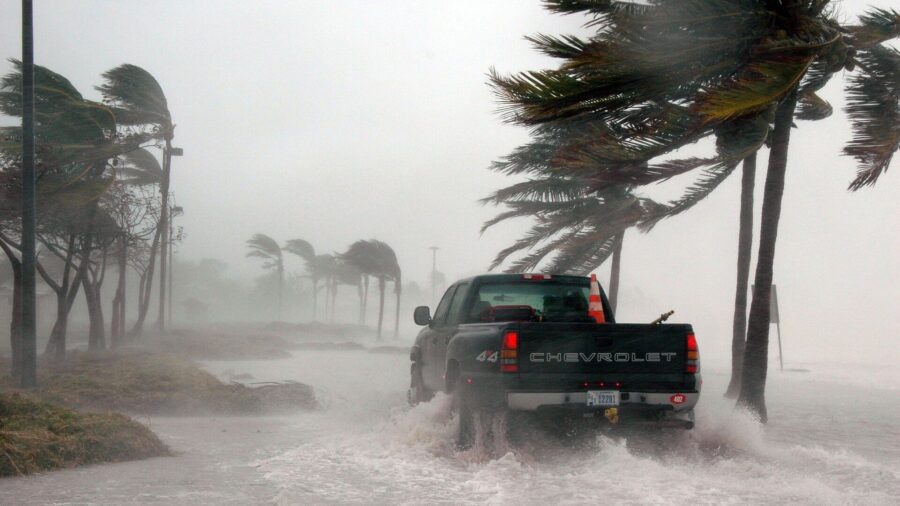Scientists Are Now Naming Heat Waves Like Hurricanes
That can't be a good sign.

It seems that no one is safe this summer when it comes to the sun and the unbearable temperatures that appear to be going up all around the globe. Cities like Austin, Los Angeles, and even London have recently reported near-record highs. In Spain, temperatures have increased so much that scientists in the area have been looking for various ways to classify what they are seeing on the ground while simultaneously battling the threat from above. Now, it appears that these same scientists have chosen to categorize heat waves in a very familiar way.
According to a report by USA Today, scientists in Spain have named heat waves plaguing the country similar to what has been done for hurricanes for years. In Spain, temperatures have hit record highs of 112 degrees Fahrenheit, and the most recent heat wave from July 24-27 has been named Zoe. Zoe specifically targeted Seville, the southern Spanish town made famous in operas like The Barber of Seville. The area typically averages daily highs of around 100 degrees throughout the summer, while Zoe transcended 106 degrees for several days. Seville has seen this trend continue for weeks at a time when tourists are flooding the country in hopes of escaping their own weather issues in places like the United States and the rest of Europe.
The ranking system and ultimate naming of the heat wave Zoe came about after a pilot program was developed in Spain to do just that. Science Alert reports that the program has been ongoing by scientists at the proMETEO Sevilla Project, an effort spawned from the Adrienne Arsht-Rockefeller Foundation Resilience Center of the Atlantic Council, which is a non-profit Washington-based research organization. The scientists chose to use Zoe as their first name due in large part because meteorologists tend to use male and female names in alphabetical order for hurricanes, and they decided to reverse it for heat waves.
The pilot program in Spain is a new idea from scientists to help educate the general public on the dangers of heat indexes and heat waves in their area. In 2018, the World Health Organization reported that the amount of those exposed to heat waves every year went up by 125 million between the years 2000 to 2016. The number seems to be getting worse over time, and Spanish scientists are doing what they can to assist residents in understanding how dangerous the sun’s rays can be to their overall health. This is especially true for those older than 60 years old and for those with underlying health concerns that may prevent them from getting hydrated throughout the summer months. While Zoe may be the first of many heat waves to be named by weather experts, it probably won’t be the last the public hears about this ongoing concern. In the meantime, most of us have already been giving these heat waves names, but we probably shouldn’t repeat any of them — this isn’t that kind of article.












